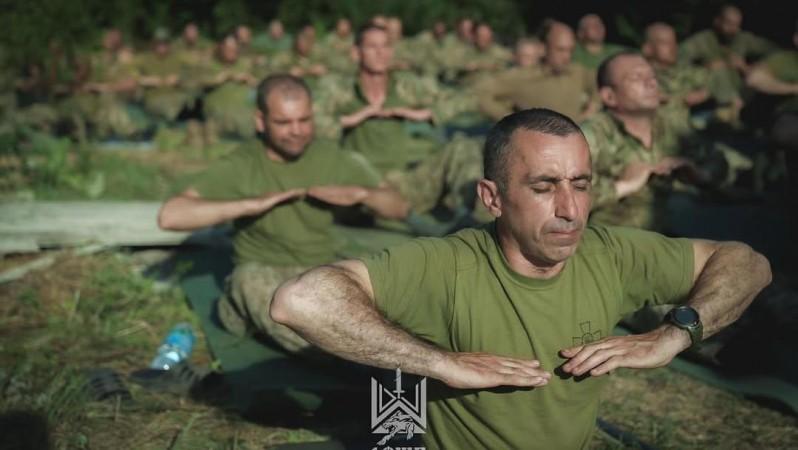
As the world observes World Mental Health Day on October 10, a silent revolution in well-being is unfolding—rooted not in pharmaceuticals or therapy rooms, but in the power of breath. At the center of this movement is Gurudev Sri Sri Ravi Shankar, the Indian spiritual leader who has taken meditation and breath-based practices to over 800 million people across 180 countries, offering an alternative path of healing to a world where 350 million silently struggle with mental illness.
Crisis beyond borders
Depression and anxiety now affect 1 in 4 individuals in the U.S. and Europe, and suicide has become a leading cause of death among youth worldwide. Despite psychological advancements, nearly 50% of major depression cases go untreated, largely due to stigma, lack of access, or insufficient healthcare infrastructure.
Against this backdrop, low-cost, scalable, mind-body interventions are gaining attention. At the forefront is Sudarshan Kriya, a rhythmic breathing practice developed by Gurudev over four decades ago, now being integrated into universities, war-torn regions, prisons, and coaching hubs.
A breath that saves: From Kota to conflict zones
Vrinda Sharma, a 28-year-old medical aspirant in Kota, describes her mental spiral after the sudden loss of her mother. "It was like a life-saving drug for me," she says, crediting daily breathwork and meditation for restoring focus and stability. Kota, India's competitive exam capital, is notoriously plagued by student suicides and burnout.
Similar transformations echo across the globe. In the Ukrainian military, a soldier trapped under drone fire survived by remembering a single breath technique—Ujjayi. "He believes this breathing saved his life and four others," says Natalia, from Ukraine's Psychological Support Division.

At Yale University, the SKY Campus Happiness Program, based on Sudarshan Kriya, showed measurable reductions in stress, depression, and cortisol levels, outperforming even traditional mindfulness modules. Students reported greater emotional resilience and academic focus.
- Reduces stress hormone cortisol
- Increases 'happiness neuropeptides' like oxytocin & serotonin
- Activates vagus nerve, linked to mood, immunity, and trauma recovery
"Brushing your teeth is dental hygiene. Meditation is mental hygiene," Gurudev often says, urging a daily 20-minute practice.
Healing where medicine can't reach
Gurudev's organisations—The Art of Living and IAHV—have introduced trauma-relief programs in:
- Conflict Zones: Colombia, Ukraine, Kosovo, Kashmir
- Prisons: Over 800,000 inmates and staff trained in anger and stress management
- Farmer Communities: Combining natural farming with breathwork to tackle financial and emotional distress
During the pandemic, free online meditations reached millions daily, including frontline doctors and nurses battling burnout.
As the UN formally recognised World Meditation Day, policymakers are beginning to consider meditation not as spiritual luxury, but public health necessity. Governments in Latin America and Africa are exploring breath-based programs for schools and rehabilitation centres.
What began as a personal practice is now shifting how societies view mental hygiene—from reactive treatment to proactive resilience.
Across class, faith, and geography, a simple question emerges: Can daily breath be the next frontier of mental healthcare?
From a student in Kota to a soldier in Kyiv, from prisoners in Tihar to athletes at Yale, millions affirm it can.

















